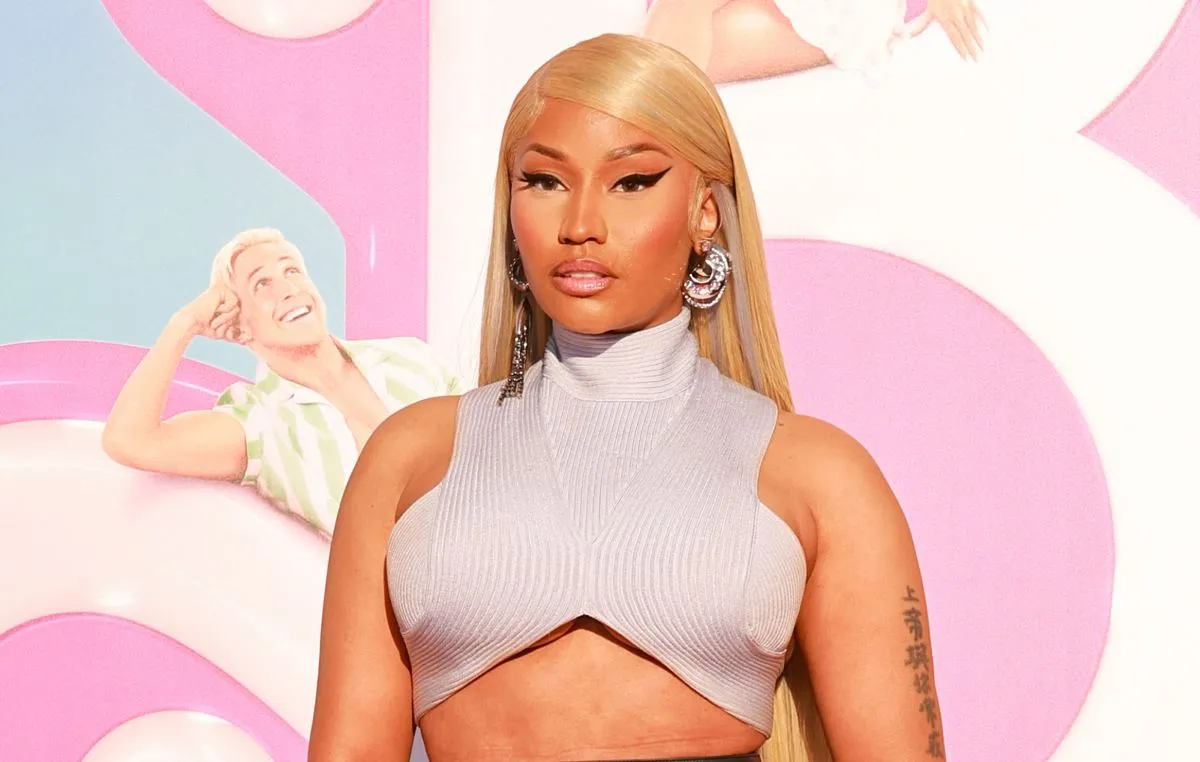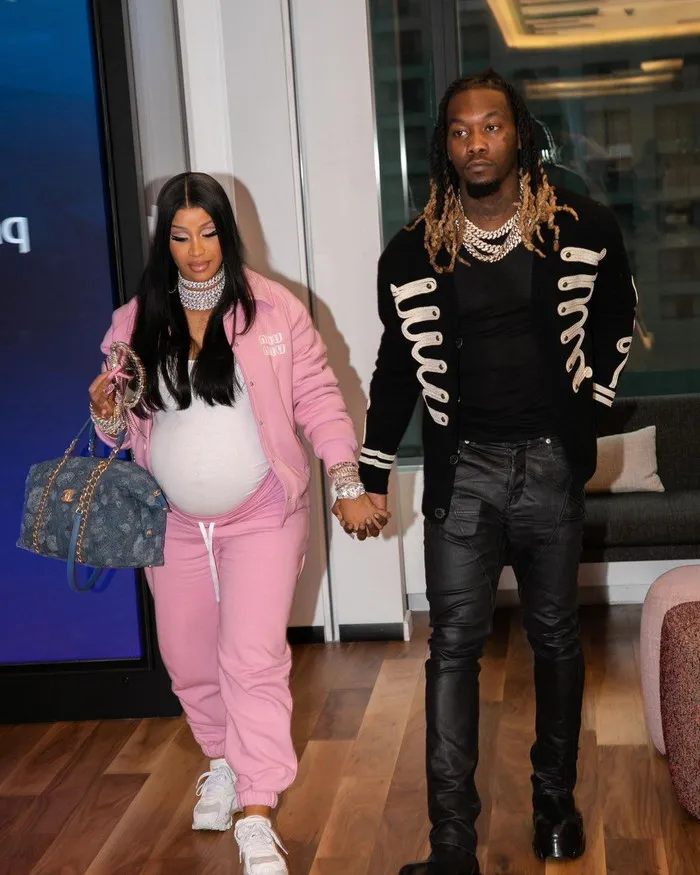

Legendary Masta Ace Breaks Silence on Explosive Debate Over Eminem Flow Controversy in Revealing Interview
The hip-hop world thrives on conversation, debate, and the constant evolution of style, rhythm, and wordplay. Over the past few years, few topics have stirred as much passion among fans and critics as the discussion surrounding Eminem’s flow. Known for his rapid-fire delivery, complex rhyme schemes, and an unmatched intensity, Eminem has been both celebrated and criticized for how his flow has shifted over time. Recently, one of the genre’s most respected veterans, Masta Ace, stepped into the conversation in a candid interview that immediately captured the attention of the rap community. His words not only shed light on the controversy but also framed it within the broader history of hip-hop’s evolution.

The Roots of the Eminem Flow Controversy
The controversy over Eminem’s flow began to intensify in the mid-2010s, particularly after albums like Revival and Kamikaze. Fans argued that his tendency to rap in rapid, syllable-heavy bursts sometimes sacrificed groove and listenability in favor of technical complexity. Critics accused him of sounding off-beat, while loyal fans defended his genius for bending words, stretching rhyme schemes, and innovating beyond traditional rap cadences.
This debate has been amplified in the age of social media, where every bar, cadence, and delivery choice is dissected instantly. Younger audiences, unfamiliar with the long legacy of rap experimentation, often framed Eminem’s flow as “weird” or “unnatural,” sparking defensive responses from those who recognized his place in hip-hop’s lineage. It was against this backdrop that Masta Ace—a Brooklyn-born pioneer who helped shape the golden era of hip-hop—chose to weigh in.
Masta Ace’s Credibility in the Conversation
When Masta Ace speaks, the hip-hop world listens. Emerging in the late 1980s as part of Marley Marl’s Juice Crew, he carved out a reputation as a sharp lyricist with impeccable timing. Known for storytelling, flow versatility, and authenticity, Ace is often credited as one of the most influential rappers to never fully receive mainstream recognition. His ability to adapt through decades of shifting trends—from the boom-bap dominance of the ’90s to the experimental blends of the 2000s—makes him uniquely qualified to comment on flow and delivery.
In his interview, Ace acknowledged that the criticism surrounding Eminem was not unfounded but also not entirely fair. He framed Eminem’s stylistic shifts as part of a natural artistic process. According to Ace, every rapper grapples with the tension between innovation and accessibility, between pushing the boundaries of language and maintaining a sound that resonates with mass audiences.
Ace’s Take on Eminem’s Technical Mastery
One of the most striking elements of the interview was Ace’s insistence that the technical side of Eminem’s flow cannot be denied. He pointed out that breaking down Eminem’s rhymes reveals levels of syllabic precision and internal rhyme patterns that very few MCs have attempted. While acknowledging that the delivery can feel overwhelming to casual listeners, Ace argued that this density is exactly what makes Eminem unique.
He compared Eminem’s approach to jazz musicians experimenting with time signatures. Just as Miles Davis or John Coltrane once pushed jazz beyond familiar grooves, Eminem bends the traditional four-four cadence of rap to explore new sonic territories. Ace suggested that critics might one day look back at these controversial flows as pioneering, even if they remain polarizing today.
The Role of Authenticity and Audience Expectation
What fascinated many about Ace’s perspective was his emphasis on authenticity. He explained that hip-hop has always valued artists who stay true to themselves. For Eminem, that authenticity often means refusing to play it safe. By taking risks with his flow—even when those risks invite criticism—he remains consistent with the rebellious ethos that made him famous.
However, Ace also highlighted the tension between Eminem’s personal artistry and audience expectation. Fans who grew up on the tightly controlled aggression of The Slim Shady LP or The Marshall Mathers LP may find themselves disconnected from the newer, more experimental flows. To them, Eminem’s art feels alien compared to the beats and rhythms that first hooked them. Ace sympathized with this disappointment but reminded listeners that no great artist remains static.
Hip-Hop’s Evolution as a Backdrop
To fully understand the Eminem flow controversy, Ace argued, one must look at the broader evolution of rap itself. From the straightforward storytelling of the 1980s to the multi-syllabic rhyme schemes of the 1990s and the melodic trap cadences of the 2010s, hip-hop has always reinvented itself. What one generation deems “off-beat,” another may interpret as groundbreaking.
Ace emphasized that hip-hop is not a museum but a living culture. Just as pioneers like Rakim once shattered expectations with intricate flows, today’s artists—including Eminem—are pushing new boundaries. The discomfort critics feel, he suggested, may simply be part of that eternal cycle of growth.
The Cultural Weight of Eminem’s Position
Another critical point raised by Ace was the cultural weight of Eminem’s identity as a white rapper in a predominantly Black art form. Every artistic choice he makes, including his flow, is scrutinized under a microscope of cultural expectation. While Eminem has earned respect from legends across the spectrum, he is still often held to a different standard.
Ace noted that Eminem’s willingness to experiment, even under this heightened scrutiny, deserves acknowledgment. Instead of coasting on the formulas that made him famous, he continues to challenge himself and the genre. To Ace, this is the mark of a true artist, even if it leads to missteps along the way.
Fans, Critics, and the Legacy of Debate
One of the most refreshing elements of the interview was Ace’s embrace of debate itself. He reminded listeners that hip-hop thrives on dialogue, whether it’s battling in the park, trading disses on wax, or arguing on social media. The fact that people care enough to debate Eminem’s flow proves his enduring relevance.
For Ace, the controversy is less about who is “right” and more about what it reveals: that hip-hop remains alive, vibrant, and emotionally charged. In his view, dismissing Eminem outright ignores the complexity of his contribution, just as uncritical worship denies the validity of listener discomfort. Both sides of the debate, he argued, play a role in shaping the future of rap.
Masta Ace’s Own Reflections on Longevity
Interestingly, Ace drew parallels between Eminem’s journey and his own career. As an artist who has reinvented himself across decades, Ace understands the difficulty of balancing consistency with growth. He admitted that at times his own stylistic shifts confused longtime fans, but he ultimately chose integrity over conformity. That choice, he suggested, is one Eminem continues to make, for better or worse.
Ace explained that longevity in hip-hop is not about staying the same but about remaining relevant while evolving. For him, Eminem’s flow controversy is simply evidence that the Detroit rapper is still pushing the boundaries of his art, rather than settling into nostalgia.
The Larger Implications for Hip-Hop
Beyond Eminem, Ace’s comments invite a larger reflection on what we demand of our artists. Do we want them to remain frozen in the moments we fell in love with, or do we allow them the freedom to grow, experiment, and even fail? The Eminem flow debate is ultimately a microcosm of this larger question.
Ace urged fans to approach the controversy not as a rejection of hip-hop tradition but as part of its ongoing story. Just as earlier debates over sampling, autotune, or trap rhythms shaped the culture, the discussion around flow will influence how future generations interpret rhythm and rhyme.

Conclusion: A Conversation That Keeps Hip-Hop Alive
In his revealing interview, Masta Ace did not settle the argument over Eminem’s flow, nor did he attempt to. Instead, he reframed the conversation as part of hip-hop’s essence: a genre that grows through tension, debate, and creative risk. Eminem’s controversial cadences may divide fans, but they also ensure that hip-hop remains dynamic, evolving, and culturally vital.
Ace’s perspective reminds us that at the heart of the controversy is a shared passion for the music. Whether one loves or dislikes Eminem’s recent flows, the fact that people care enough to debate them shows that hip-hop continues to matter. And in a culture built on expression, dialogue, and rhythm, that may be the most important truth of all.


















